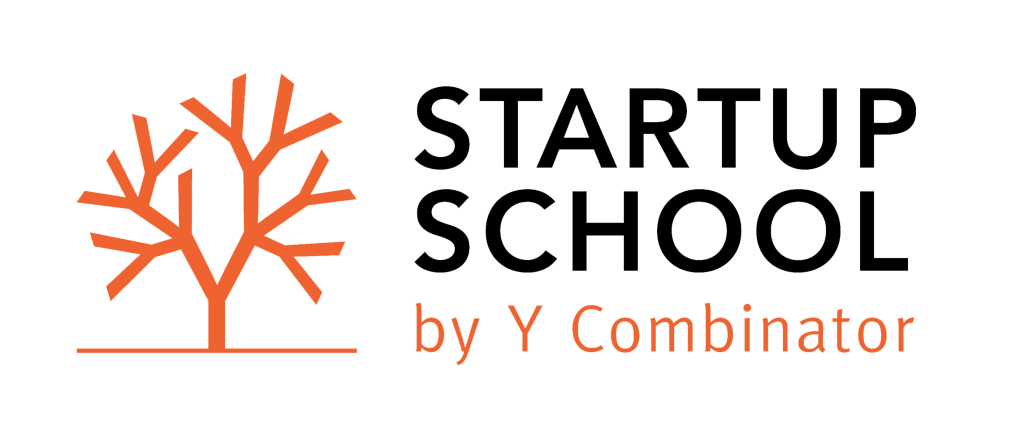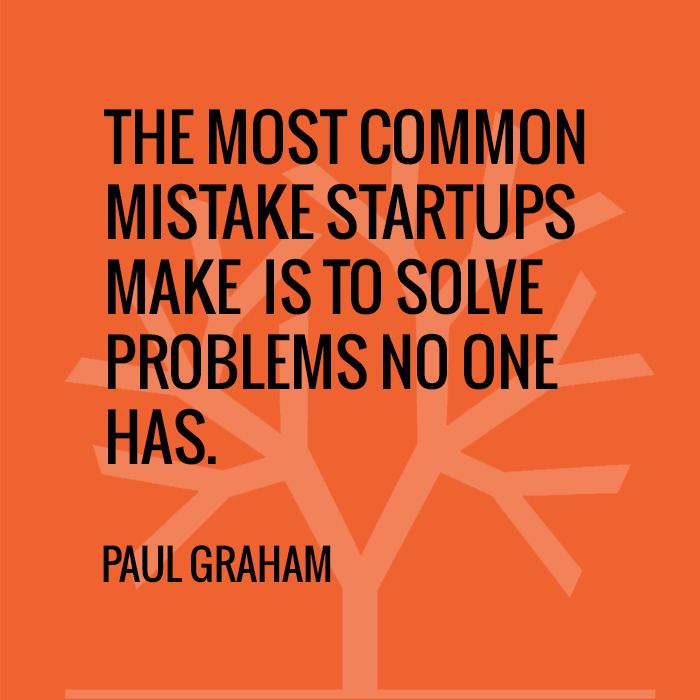I
recently completed the first online version of Startup School through the heralded YCombinator. I can honestly say I loved every minute of it (shoutout to my advisor Mike Robbins of CircuitLab). The insights you gain from being in this environment, even virtually, were incredibly useful. I can say I learned a lot that I’ll be applying to my startup over the coming months (stay tuned).
The insights you gain from being in this environment, even virtually, were incredibly useful. I can say I learned a lot that I’ll be applying to my startup over the coming months (stay tuned).
For those that didn’t get the opportunity to participate in the program, these are the 10 lessons I learned over the 10 weeks of Startup School.
1. Ask yourself why.
First and foremost, before you get sucked down the rabbit hole, ask yourself why you are launching a startup.
Are you doing it for the money and fame? The impact and lifestyle? What is your reasoning? At the end of the day, the best reason to start is because you are deeply passionate about the problem you want to solve and you have the ability to solve it. It should be something you’ll actually regret not doing. Anything less and you may want to take a pass. This is the reality of the startup world. Your odds of success are low and the stress it comes with can be soul crushing. Make sure you really want to do this. It’s not easy.
Anything less and you may want to take a pass. This is the reality of the startup world. Your odds of success are low and the stress it comes with can be soul crushing. Make sure you really want to do this. It’s not easy.
This is exactly what every bright-eyed, optimistic entrepreneur wants to hear, right?!
2. Stay lean as long as possible.
When starting out, you should strive to stay lean as long as possible. There’s no point in growing until everything is working and you have some traction.
So don’t worry about raising money or hiring employees or getting office space. When you grow, flexibility decreases, your ability to change, adapt, and pivot goes down. Growing too soon can become a problem itself. Stay lean and focus on your product until you are ready to grow.
When you hit this point though, you have to be all in. Lean vs. Growth are two opposite mindsets, there’s no in between. Either stay lean or grow.
3. Think about thinking.
There’s a lot of thinking to do when it comes to a startup. One of the most important ways to think is long term. Most people don’t do this, but it leads to much better decisions. Instead of tomorrow, think 10 years into the future about the decisions you are about to make.
Beyond thinking long term, you also need to think big. What can you do that no one else can? What can you do 10x or even 100x better than the competition. What can you do that doesn’t exist yet? This is the type of mindset you need to be in for a successful startup.
Moreover, your startup is going to be the only thing on your mind after awhile. Everything will remind you of it, give you ideas for it, and make you think about it. It becomes a filter for all your thoughts.
4. Evaluating your ideas.
While most ideas are bad to start with, you can often find something in them over time. After all, having ideas is a very organic, messy process. You can easily start with one thing and end up with something completely different.
More importantly is where you should look for ideas. The best place to look is in your daily life. Find things that frustrate and irritate you. Find things that make you angry. Find things that are done poorly and then solve them.
What’s tough is that you don’t always realize how good of an idea you have until you do it, which brings us to the other side of the equation. Ideas are important, but execution is where things stand or fall.
The value of an idea lies in the using of it.Thomas Edison
Rarely do you hear an idea that is a home run, it really depends on execution, but having a good idea doesn’t hurt.
Finally, there is the gray area of knowing when to give up on an idea. It’s a blend of intuition, belief, resilience, and the facts.
I don’t think there’s any easy way to know when it’s the right time to walk away from your idea or when you should double down, but it is something you will have to decide for yourself.
5. Metrics are important.
If there was one thing I heard over and over again, it was the importance of metrics. Early on this may not seem like a big deal, but the recommendation seems to be to collect all the data from the start, so it’s there when you need it.
There were a few different metrics used to gauge a startups progress and while most of us think in terms of total users or revenue, the key metrics at YCombinator are retention and growth.
Retention predicts high valuations. This combined with exponential growth and you have a true winner – this is where the mythical hockey stick of growth happens.

While metrics are important, they aren’t the be all end all. You shouldn’t take them too seriously, but ignore them at your peril.
Data gives you empathy, insight, and helps you make decisions. In the end you should be aware of the past, in the know of the present, but still optimistic about the potential future.
6. Have one core value.
Startups need a clear and concise message and value proposition.
You don’t want a laundry list of features and benefits to promote your product or service. Instead you want to say that we do X 10 times better than anyone else. Simple, clear, and shows true value.
Having more than one is often a sign of losing focus and not staying on message. When this happens, your startup suffers. If you’re not sure what this is for you, figure it out ASAP, because it comes with a giant dose of clarity.
On a side note, being better designed and easier to use is not a real value proposition. Anyone can come along and improve on design – this is an incremental improvement. You need something with more substance.
7. Try to become a monopoly and then a platform.
Sounds crazy, but this is your ultimate goal. You want to dominate the market.
If what you do is interchangeable with the competition, then how do you protect yourself? How do you differentiate yourself? How do you beat the competition?
Competition isn’t bad, but these are things that you should always be thinking about and preparing for, because the threat is very real.
If you can dominate your niche, the next step is becoming a platform where others can build on what you have created. This is where network effects and real change can come from. A platform is the next frontier.
8. Build your Minimium Remarkable Product (MRP) fast.
We’ve heard a lot about minimum viable products over the years, but a new terms I found from YC is the idea of the minimum remarkable product.
The point is not to be viable because that means self-sufficient, you waited too long. What you want initially is to be remarkable. You want a single feature or thing about the product that at least one person see’s real value in. Then you grow from there. Most people don’t do this because they don’t want to put out a crappy product, but this is the ultimate way to learn. You learn if your idea has any legs, you learn if there’s a market for what you are doing, and you learn what the customer actually wants.
Most people don’t do this because they don’t want to put out a crappy product, but this is the ultimate way to learn. You learn if your idea has any legs, you learn if there’s a market for what you are doing, and you learn what the customer actually wants.
The feedback you get will be invaluable and allow you to iterate and improve along the way.
9. When you achieve Product Market Fit you will know
Your product should literally sell itself. Growth can certainly happen organically over time, but when you have product market fit, it’s something completely different.

A majority of entrepreneurs simply fail to find product market fit. It’s not easy and it’s not a guarantee even if you do find it. What is apparent though, is when you have it, you will know.
There is real interest, leads are coming in on their own, and all your metrics go crazy. What used to take a ton of push from your company, has turned into a massive pull from the market. They want what you have.
Whether you’re ready or not, the customer is running away with your product, with or without you.
10. Focus on the product, everything else is a distraction
Ultimately, for every startup, you have to realize that the product is the key. Everything else is a distraction.
The meetings and conferences and coffees and ideas. They all seem great and productive and valuable, but they take away from your number one focus – building a great product.
Focusing on product doesn’t guarantee you anything, you also need to be in the right time, right place, and have something the people want, but it is the best way to succeed when the other factors align.
___________
This isn’t everything I learned from Startup School, but just some of my favorite parts. If you have a chance, I’d highly recommend you check out the lectures that are available here.
And if you’ve got a startup brewing, then you should certainly consider the program, it’s worth the time.
